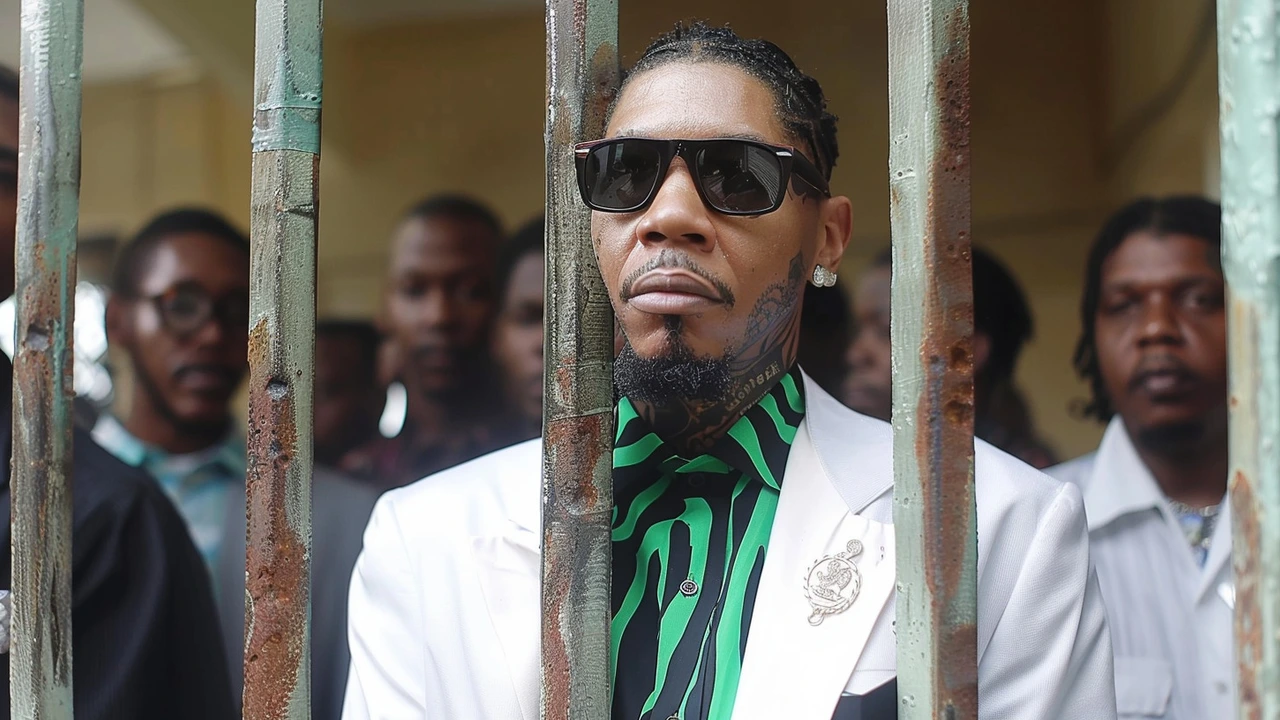Bail Denied: What You Need to Know
When someone is arrested, they might ask for bail to get out of jail while waiting for trial. But what happens if bail is denied? Simply put, denying bail means the person has to stay behind bars until their case is decided. This could be due to reasons like the risk of fleeing, danger to the public, or serious charges against them.
Understanding bail denial helps us follow important court cases and grasp the justice system better. It shows how serious some crimes are and why courts sometimes choose to keep accused people detained.
Why Courts Say No to Bail
Courts don’t hand out bail denial lightly. Usually, they consider several factors: Is the accused a flight risk? Could they interfere with witnesses? Or does their release pose a safety threat? For example, if someone was caught committing a violent crime, the court might feel it's safer to keep them in custody.
Also, bail denial tends to reflect the strength of the prosecution’s case or the severity of the charges. If the charges are minor, bail is more likely granted. But when it’s major criminal charges, the court often plays it safe by denying bail.
Recent Stories About Bail Denied
News updates about bail denied cases highlight real-life examples from different parts of the world. Take cases involving protests, fraud, or political figures—when bail gets denied, it attracts public attention and debate.
Following these stories helps us see how bail rules affect individuals and communities. Plus, they remind us that justice balances rights with public safety. So next time you hear 'bail denied' in the news, you’ll have a clearer idea of what’s at stake.

